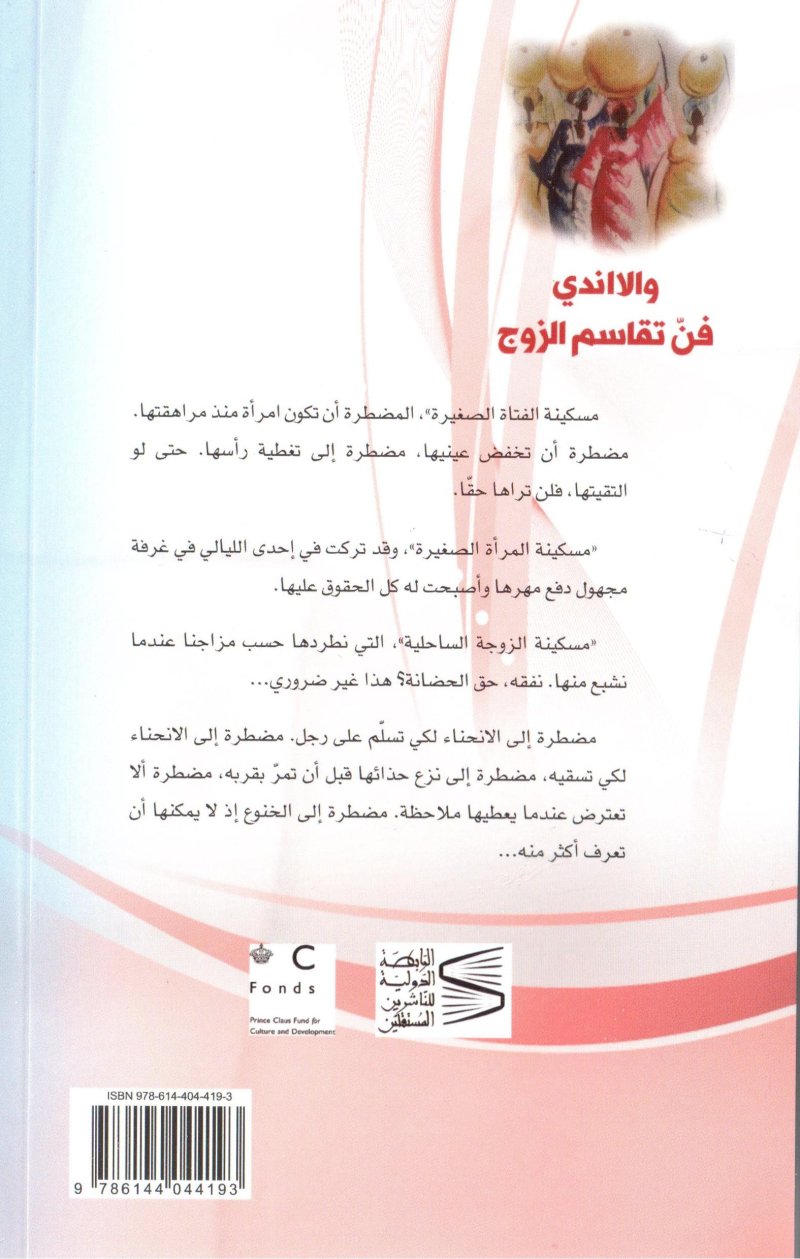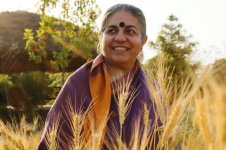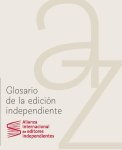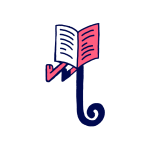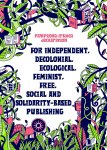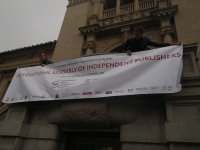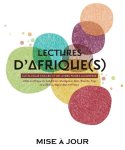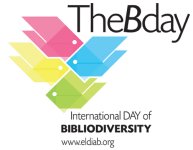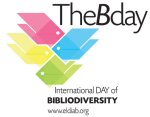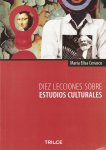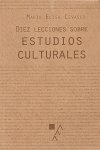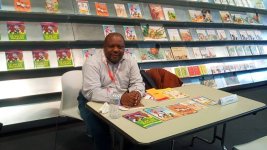
“Walaandé, the art of sharing husband”, is a novel about the hardships women from polygamous marriages face every day. The themes discussed in the book include polygamy, woman education, discrimination and violence against women, early marriage, and repudiation.
This novel is a sound testimony of women’s lives that are deeply affected by years of emotional muzzling. A novel that completely sweeps all hopes of happy tomorrows and sinks them into a day-to-day life with its constraints, its conflicts, its pressures as well as its drama, whereby the wealthy polygamous family with its variety of female characters, exhibits external signs of wealth, but in fact faces a lot of problems.
The setting is in one of the richest muslim households in Maroua. The head of the family, a wealthy businessman, is the father of many children, has a number of domestic servants and renews his harem at will and according to his adventures.
Four wives, a dozen of children and a myriad of servants are the daily actors in a household that has the necessary comfort for a luxurious life. Alas! Walaandé is instead a portrayal of their boring existence.
Behind the golden walls and beautiful fences of this luxurious palace where perfumes, colours and flowers forecast a taste of the well-being of rich people, there is finally nothing but boredom, loneliness, despair, conspiracies and jealousy. But also, this male dictatorship, this pride of the “supreme repudiator”, this husband, once very gentle when he needed to conquer his target’s heart, had described to her a beautiful life in which he instead chained her. The same love lines to Aissatou, Djaili, Nafissa, Sakina, the same become a set of disappointments for all of them.
This novel, like any other work of art, is inspired from real life whereby lives and delights, charms and tears, worries and frustrations paralyse women energies and distort their beauties, once very irresistible. The reverse of polygamy as described in this realistic novel echoes the long muzzled sigh of many females who dreamt in their early ages of a wealthy lover with perfumed and luxurious cars, but finally find themselves trapped in the external appearance of this comfort.
Djaïli Amadou AMAL is North Cameroon’s first female author. She is a young Peulhe woman, with an Egyptian mother. These mixed origins have probably enabled her to write more freely, just to write, and, what is more, on a subject up to now taboo in her society, polygamous marriage, which is known to be closely related to the premature marriage of young girls.
Djaïli Amadou AMAL undoubtedly forms part of the elite of the new movement of regional Cameroonian authors. Her novel has already been reprinted in less than six months. She attracted great attention on a tour of Cameroon and Chad visiting the Alliance Française network to discuss the theme of polygamy.
Year of publication: 2013, 144 pages, 16,5 X 21,5 cm, ISBN: 978-614-404-419-3
First publication: 2010, éditions Ifrikiya, Cameroon
The translation and co-publishing of “Walaandé, l’art de partager un mari” have been supported by the Prince Claus Fund.
